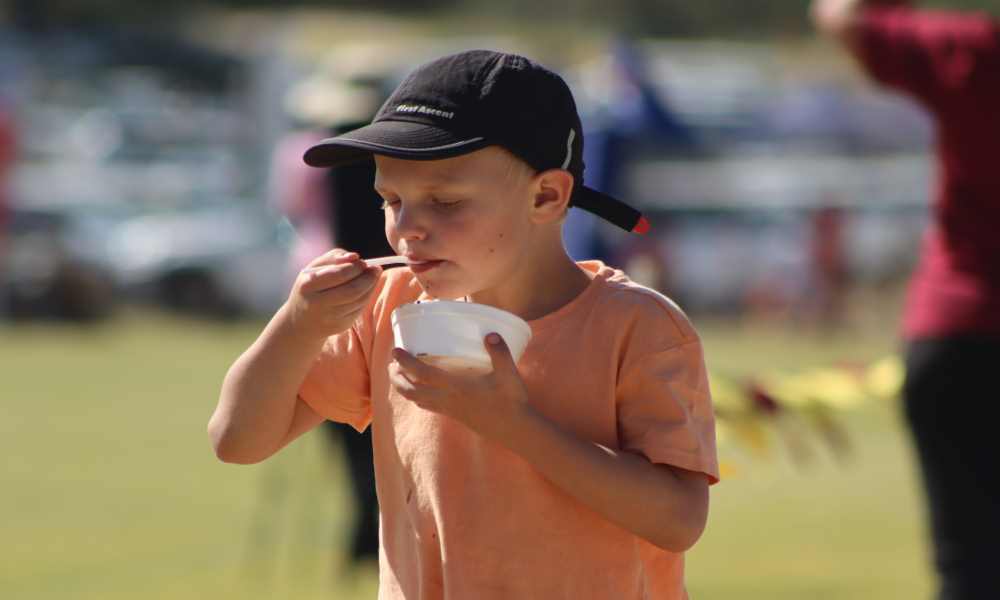Dietary needs throughout development
When you hear of dietary needs, the first thing that comes to mind is food. Food is the third most important thing for living beings to provide energy and development, maintain life or stimulate growth, after air and water. Food plays an important role in the promotion of health and disease prevention.As much as food is important, it is important to watch the foods we eat as not all foods are good, or provide us with the required nutrients and vitamins. That’s why diets play a big role throughout our lives.
A diet is essential for good health. Dietician Samantha Du Toit explained in layman’s terms what a diet is.
“A diet is all the foods you choose to eat. Health is complex and is influenced by many factors such as genetics and biology, environment, medical care, social circumstances and individual behaviour. Diet is an important part of individual behaviour that can influence your long-term health as well as your immediate well-being.”
A pregnant woman’s diet can affect her unborn baby. Good nutrition during pregnancy can help to keep the mother and the developing baby healthy.
When asked how important is it for a child to have a balanced diet growing up, Du Toit said: “A balanced diet is one where a child is adequately fed a variety of different types of foods over their lifetime. This, along with the other factors that influence health, is very important for optimal growth, mental and physical development and the prevention of disease”.
She further explained the relationship between nutrition and development, saying: “A balanced diet provides the fuel and the specific nutrients required for growth and development in children. When a child does not have access to enough food or enough variety of food, nutrient deficiencies can develop that influence development and can have a long-term impact on the child.
“Nutrient deficiencies can also contribute to illness, which indirectly impacts development.”
As you age, your body's dietary needs will change. These changes will continue throughout all life stages, with the requirements for calories, protein, vitamins and minerals adjusting as we grow older.
Du Toit added that “basic dietary needs such as the need for energy, macronutrients and micronutrients remain the same throughout life. The quantity of nutrients required depends on the size of the human body, the stage of growth due to the demands of this growth and also the activity levels of humans. Organs and organ systems in the body continually develop and require various nutrients.”




